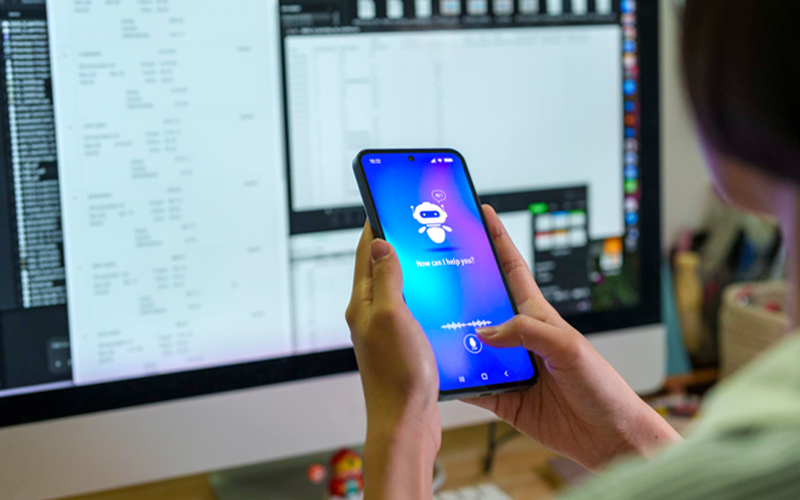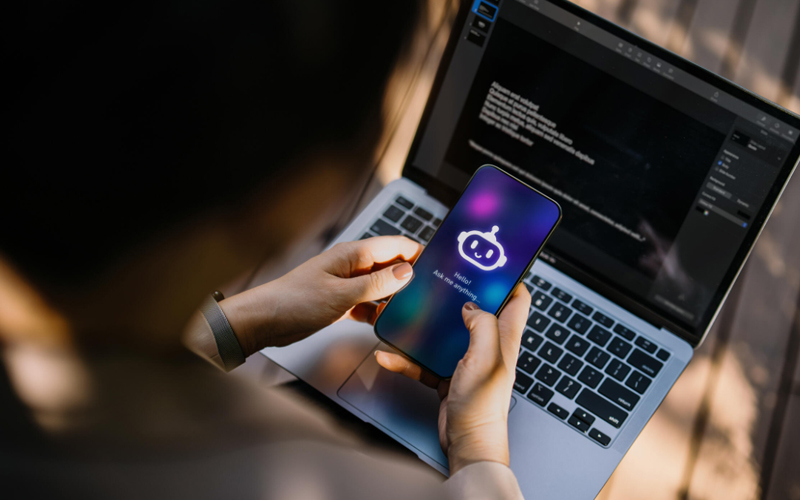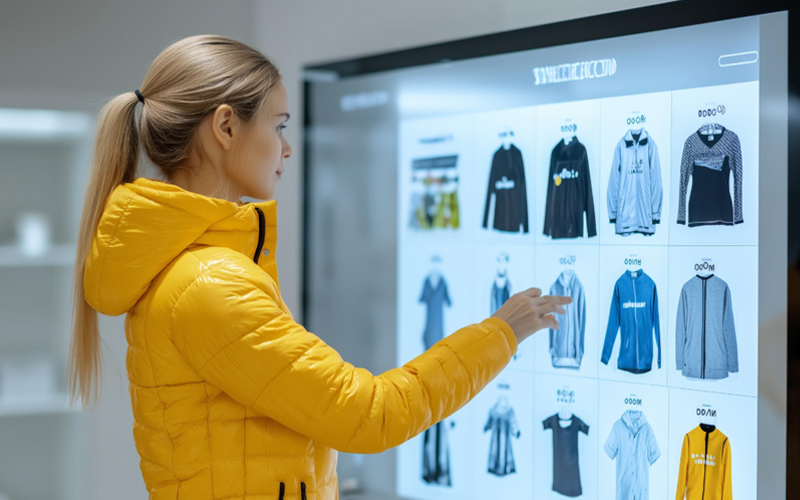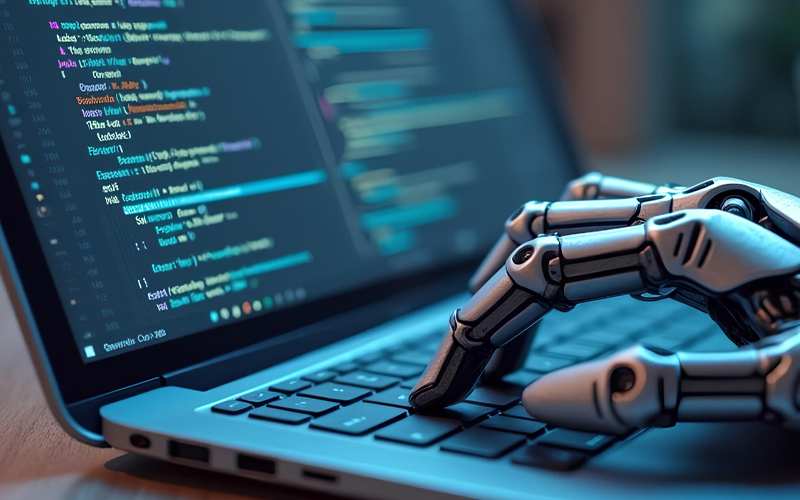The Human Resources department in an organisation plays a vital role in fostering the growth of the organisation by managing talent acquisition, employee well-being, and growth and development of the workforce. In recent years, the field of Human Resources (HR) has witnessed a significant transformation with the integration of artificial intelligence (AI) technologies. One area where AI has made a profound impact is performance management. Generative AI leverages the power of machine learning (ML) and deep learning algorithms to generate high-quality content that is indistinguishable from human-generated content. Data shows that 76% of HR leaders believe that if an organisation does not adopt and implement generative AI solutions in the next 12-24 months they will lag behind those that do.
Generative AI has made a foray into different functions of the HR department such as recruitment, payroll processing, talent management, and more. However, the performance management function has been identified as the fastest-growing segment of GenAI in the HR market.
Let’s delve into how HR departments are leveraging generative AI to enhance performance management processes and drive organisational success!
- Automating Performance Evaluation
- Personalised Development Plans
- Real-time Feedback and Coaching
- Predictive Analytics for Talent Management
- Bias Mitigation in Performance Management
- Enhanced Employee Engagement and Satisfaction
Traditionally, performance evaluations have been time-consuming and subjective processes. However, with the advent of generative AI, performance evaluations can be automated to a great extent. AI algorithms can generate comprehensive and unbiased performance reports by analysing data points such as employee performance metrics, feedback, customer reviews, peer feedback, etc. AI-powered automation ensures a fair and consistent evaluation process in addition to speeding up the process.
Generative AI facilitates the creation of personalised development plans for employees based on their performance evaluations. AI algorithms can suggest targeted training programs, courses, or mentoring opportunities by analysing individual strengths, weaknesses, and career aspirations. This personalised approach to development enhances employee engagement and helps them reach their full potential.
Generative AI has revolutionised the way feedback and coaching are provided to employees. AI-powered chatbots or virtual assistants enable HR professionals to offer real-time feedback and coaching to employees. Chatbots can simulate human-like conversations to offer employees instant guidance and support. This not only improves employee performance but also fosters a culture of continuous learning and growth thereby boosting employee experience.
Generative AI algorithms can analyse vast amounts of employee data to identify patterns and trends. Based on the analysis, HR departments can make data-driven decisions regarding talent management. ML algorithms can predict future performance, attrition rates, and skill gaps. They can also forecast which candidates can perform better in a specific role and identify employees on the verge of leaving the company. HR professionals can proactively address potential issues and make informed decisions about talent acquisition, retention, and succession planning.
One of the significant challenges in performance management is unconscious bias. Generative AI can help mitigate bias by providing objective and data-driven insights. By analysing performance data without any preconceived notions, AI algorithms can identify patterns and trends that might be overlooked by human evaluators. This ensures a fair and unbiased performance management process, promoting diversity and inclusion within the organisation.
Generative AI in performance management can significantly enhance employee engagement and satisfaction. It can provide employees with performance statistics and evaluations of areas of improvement. This enables HR professionals to build efficient performance plans tailored to the specific needs of individual employees. Personalised development plans, real-time feedback, coaching, etc. boost employee morale. Employees feel valued and supported in their professional growth which leads to higher job satisfaction, increased productivity, and reduced turnover rates.
Future Outlook for GenAI in HRGenAI in HR has revolutionized performance management by streamlining and enhancing various processes. From automating performance evaluations to providing real-time feedback and coaching, generative AI has empowered HR professionals to make data-driven decisions, mitigate bias, and foster a culture of continuous learning and growth. As GenAI in HR evolves, its potential for advancing performance management is substantial, promising significant improvements for both employees and organizations. Hence, it comes as no surprise that the market size of the global generative AI in HR which stood at $ 483.59 million in 2022 is expected to reach a staggering $ 2091.4 million by 2032 at a CAGR of 15.77% during the forecast period 2022-2032.







